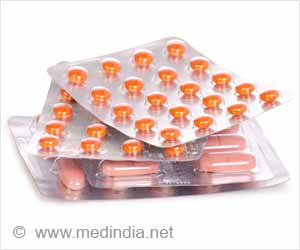Thailand's government is at loggerheads with the pharmaceutical industry over its decision to issue compulsory licences for generic medicines.
Thailand's government is at loggerheads with the pharmaceutical industry over its decision to issue compulsory licences for generic medicines.
While Thailand argues it will make cheap generic drugs more widely available to its citizens, drug companies maintain that the plan undermines patent law and discourages foreign investment."We were disappointed by the announcement," Bangkok CEO of US drug firm, Merck Sharp and Dome, Christian Sellars, told Radio Australia's Karon Snowdon.
"We have been working with the Thai government to see what can be done in order to ensure that the patients get access to the products."
Compulsory licences have been issued to cover three medications which allow cheaper copies to be made or imported, including an HIV drug made by the giant US firm Merck Sharp and Dome.
Thailand's Ministry of Public Health is expected to expand the list of medicines covered by compulsory licence, using the public health rules of the World Trade Organisation.
Thailand encourages firms to lower prices
Advertisement
Mr Sellers says his firm provides the drug at cost price in developing countries and in middle income countries hardest hit by the epidemic.
Advertisement
He is having talks with other companies who he says can avoid a compulsory licence by lowering their prices to the government's satisfaction.
Aid bodies dismiss drug firm claims
The Thai government's stance has the full support of non-governmental aid organisations such as Medecins Sans Frontieres.
Paul Cawthorn from MSF Thailand says the pharmaceutical industry's claims about its economic impact are exaggerated.
"Companies argue that if countries go down the road that Thailand's going down, then it eats into their profit margins and will put at risk research and development," he said.
"In fact if they were honest, advertising often eats up significantly large amounts of their profits than R and D does."
Source-Bio-Bio Technology
SRM






